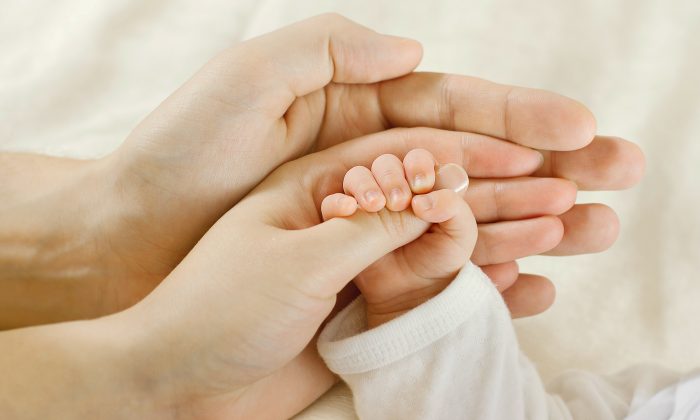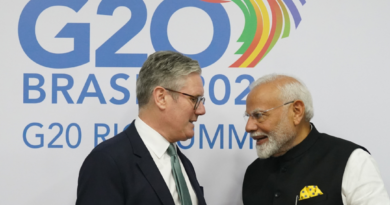Pregnant Women and Infants Nationwide to have Expanded Access to RSV Vaccine
Federal Health Minister Mark Butler stated that around 12,000 infant hospitalisations occur each winter due to the virus.
The Albanese government has allocated $174.5 million (US$115 million) to offer free vaccines against respiratory syncytial virus (RSV) to pregnant mothers and newborns nationwide before the next winter season.
This funding will ensure that the RSV vaccine Abrysvo, typically priced at $300, is provided for free to pregnant women under the National Immunisation Program (NIP). Additionally, young babies will receive Beyfortus, a monoclonal antibody treatment that was previously only available to high-risk infants in select states.
RSV is a common respiratory infection that affects the nose, throat, and lungs, and it is the primary cause of hospitalisations for infants under two years old.
Federal Health Minister Mark Butler highlighted that the virus leads to approximately 12,000 infant hospitalisations each winter.
Dr. Nicole Higgins, President of the Royal Australian College of General Practitioners (RACGP), expressed support for the initiative, emphasizing that immunisation is crucial in preventing RSV infection in infants.
Dr. Michel Wright, President-Elect of RACGP, echoed this support, stressing that the free program will alleviate RSV-related costs for new families.
RACGP recognized the program’s effectiveness and safety data, urging ongoing government assistance to ensure timely vaccine distribution in healthcare settings.
Dr. Wright mentioned that free RSV immunisation would alleviate a significant concern for new parents and encouraged the government to collaborate closely with general practitioners.
Catherine Hughes, Director of the Immunisation Foundation of Australia, praised the federal government’s decision, citing successful programs in Western Australia and Queensland as examples to follow.
The foundation estimates that the program will prevent 10,000 out of the 12,000 annual infant hospitalisations.
According to Hughes, after implementing a similar program, Western Australia saw an 84% decrease in RSV-related hospitalisations.
“The outstanding outcomes in Western Australia contrast starkly with other regions where hospitals were overwhelmed by infants struggling to breathe due to severe RSV,” she remarked.
Political Pressure Spurs Action in Victoria
The expansion of the program follows pressure on the Victorian government from state Liberal and National parties, who criticized the delay in securing adequate RSV vaccine supplies for infants.
After opposition campaigns, the Allan Labor government recently committed to enhanced RSV protection for newborns starting in 2025.
State Liberal representatives raised concerns to Victorian Health Minister Mary-Anne Thomas about the delay in obtaining the recommended immunisation, labeling the state’s postponement as a “heightened risk” for infants.



